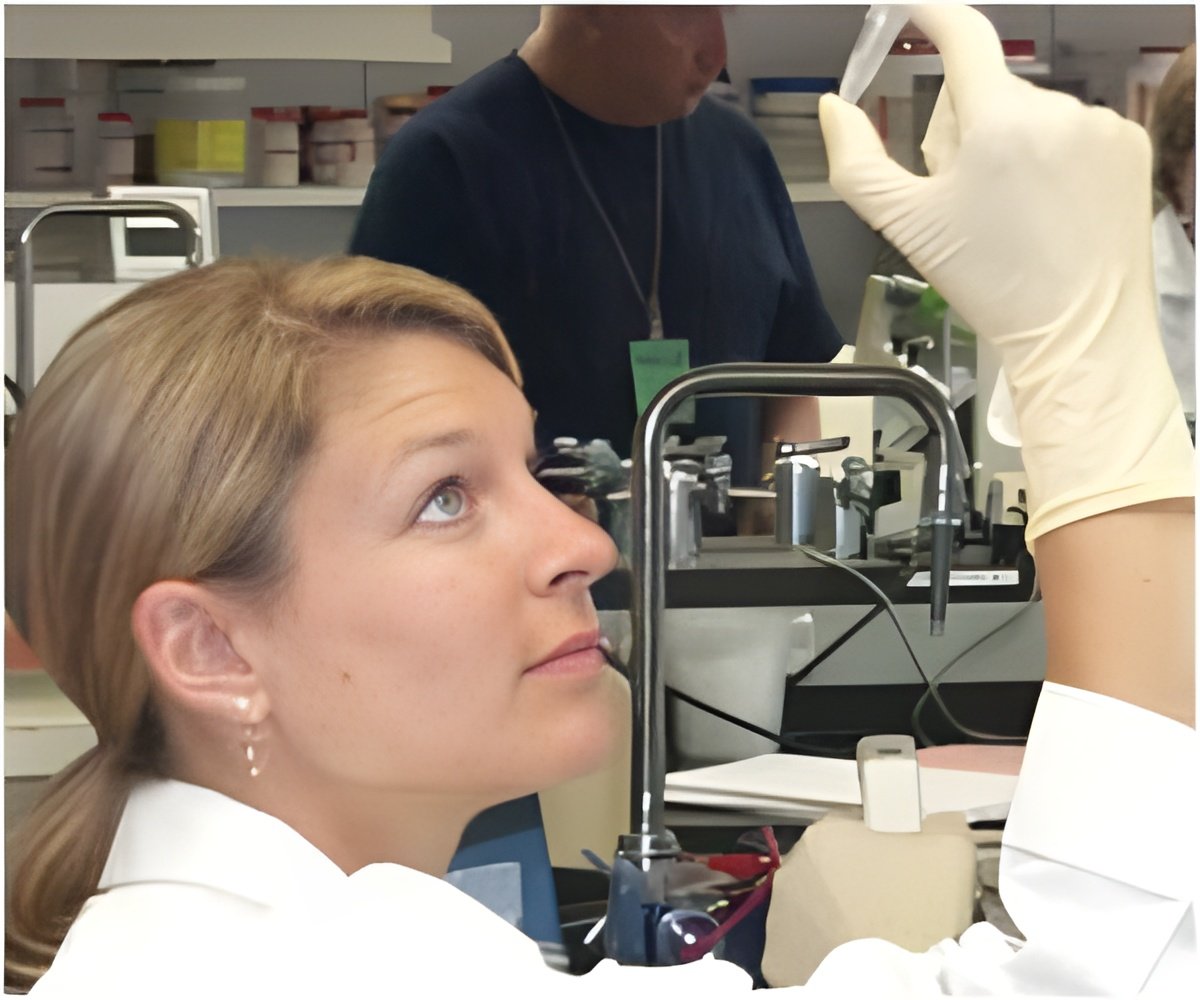
The National Institutes of Health's budget has been slashed by 20 percent and is now at its lowest level since 2001, Swain said.
That funding needs to be restored if researchers are going to be able to expand on the significant progress made in recent years developing new treatments and diagnostic tools.
More than 7.6 million people worldwide will die from cancer this year and that number is expected to rise to over 12 million by 2030.
In addition to undermining more theoretical research, the cuts could also limit the number of cancer patients able to participate in clinical trials which could extend their lives.
"Even before the most recent budget cuts our clinical research didn't have the strong federal funding it needed," Swain told reporters.
Advertisement
Public spending on US clinical trials for cancer research come in at around $243 million a year while pharmaceutical companies spend $6 billion, said Monica Bertagnolli, chair of the Alliance for Clinical Trials in Oncology.
Advertisement
Some 30,000 cancer specialists are expected to attend the society's annual meeting in Chicago, where over 4,700 studies will be presented.
Source-AFP













